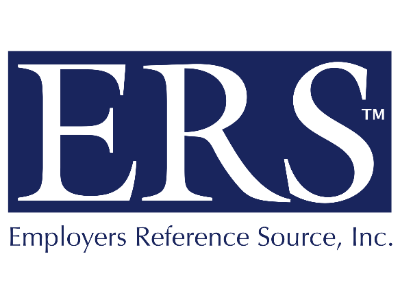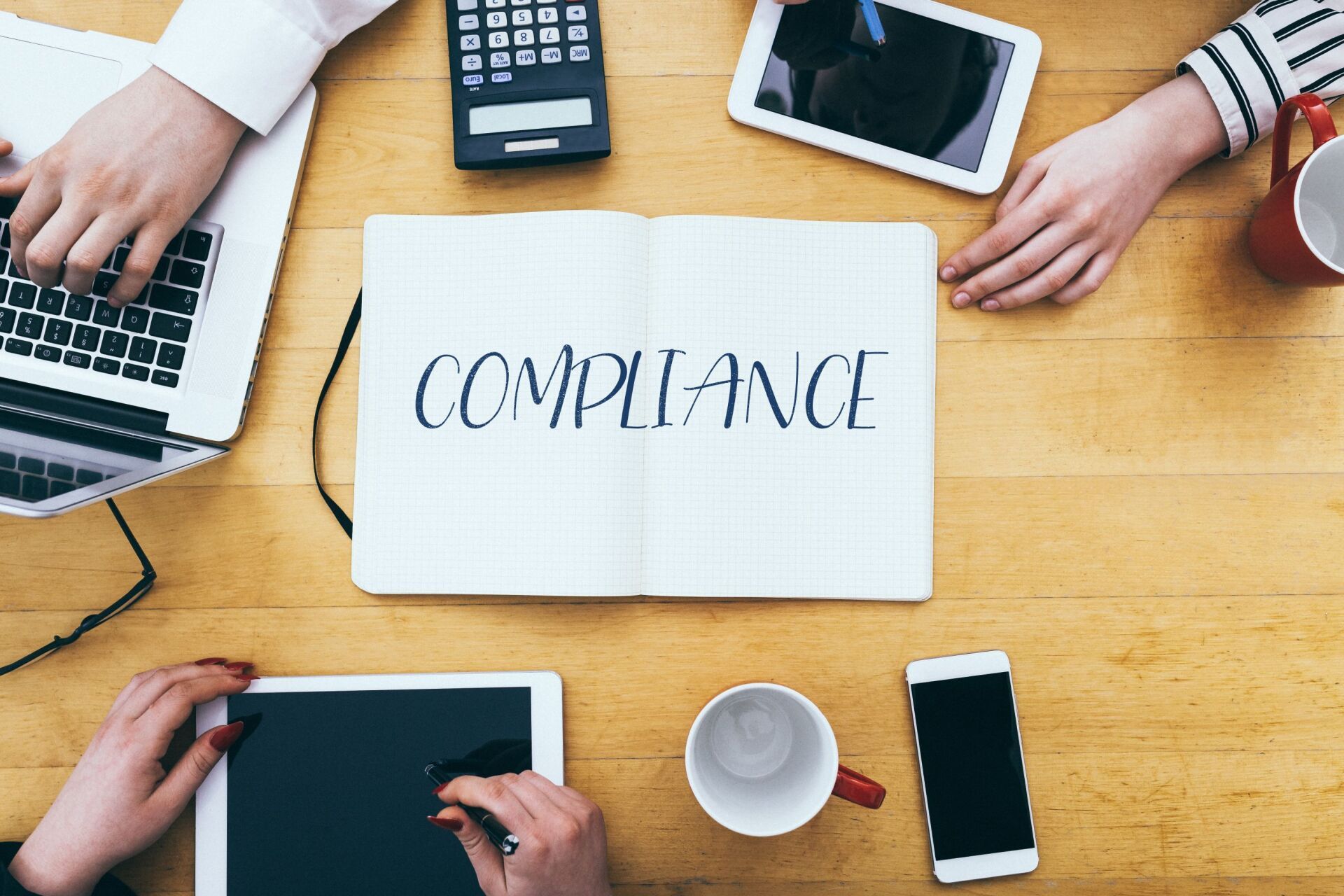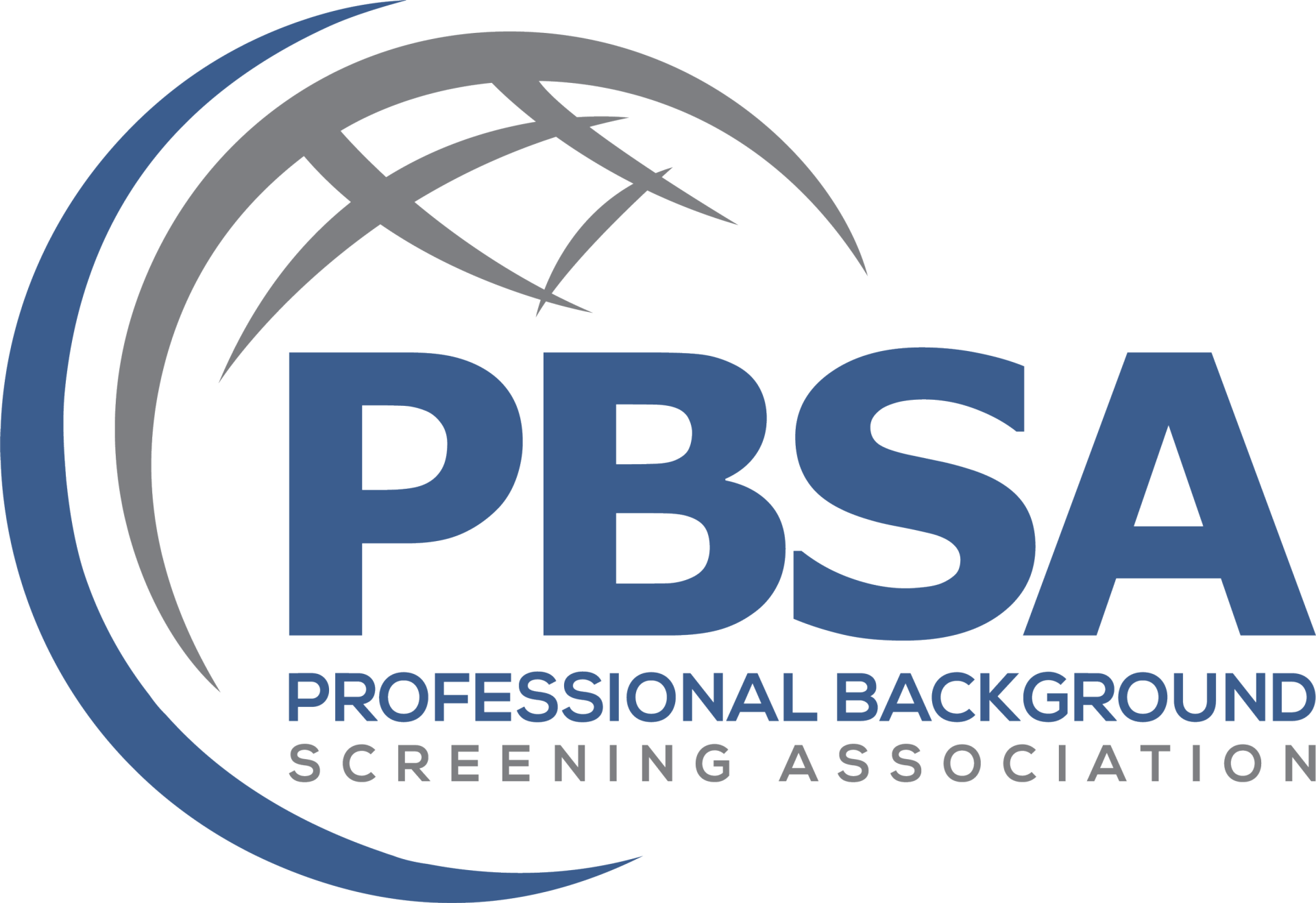Understanding the Fair Credit Reporting Act
Background checks typically include reviews of credit reports and related data, particularly for positions where fraud or embezzlement are a greater risk. Consumers are protected during these checks in part by the Fair Credit Reporting Act (FCRA) which governs the behavior of consumer reporting agencies and those handling and using that information. In addition to standard credit report details, consumer reporting information may also include information on rent payments, bankruptcies, accounts in collections, and even medical records. If you are using or requesting this information in conjunction with a background check, you must abide by FCRA guidelines.
Essential Takeaways of the FCRA
Consumer credit reports are an important component of background screening for potential and current employees, but that information must be used in compliance with FCRA guidelines. Because credit report information can have such a strong impact on someone's finances and employment, many protections are provided. In addition, employers and employees alike should be aware that, according to a recent government report, as many as 23% of consumers have found errors in their credit reports, so care must be taken in using this data for hiring decisions. Key FCRA protections and responsibilities include:
Employer Responsibilities
- Employers must obtain consent to perform credit background checks.
- Employers must inform current and potential employees if any adverse actions are made as the result of their credit screening results.
- Employers may only consider negative report data from within the previous seven years (ten years for bankruptcies).
Some states limit if and how a credit report can be used by employers. It is important to know if the state in which you are conducting the check prohibits employers from using credit reports in making employment decisions. There may be exceptions for requiring a potential or existing employee to give permission to a credit report. Check with the state departments of labor to be sure you are in compliance with the most current legislation.
Employee/Candidate Protections & Rights
- Inaccuracies and errors can and should be disputed with the agencies reporting them.
- Individuals must have the chance to review their credit reports, especially if they trigger adverse actions.
At Employers Reference Source, Inc., our extensive background screening services are fully
compliant with the FCRA and other regulations governing them, simplifying your screening needs. Contact us today to take advantage of our expertise with a wide range of screening solutions.










